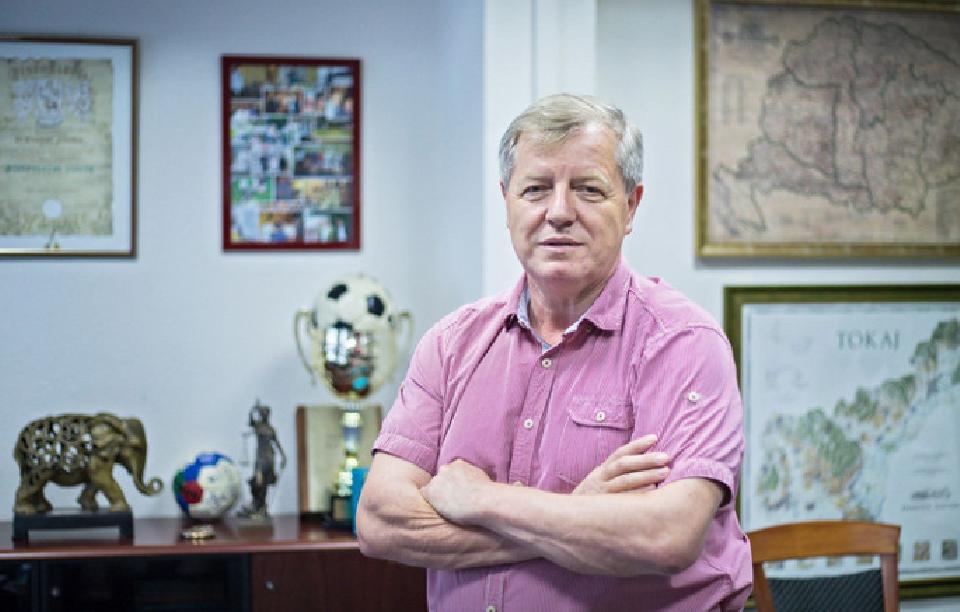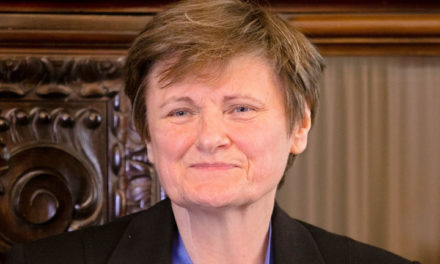One of the biggest structural transformations of the past thirty years is taking place, the government is firmly committed to investing in the future, István Stumpf, the government commissioner responsible for the coordination of the model change in higher education, who is also the chairman of the board of trustees of the Tokaj-Hegyalja University, which will be established on August 1, told Magyar Hírlap will be too.
We quote from the interview:
Hungarian universities are lagging behind the rest of the world, even compared to Central Europe, in the competition for talented students and quality knowledge transfer. I don't believe in the omnipotence of the rankings, but they still show some measure, and we have to state that practically no Hungarian university is among the first five hundred.
Both Eötvös Loránd University and Semmelweis University, as well as rural universities, are achieving success in some sub-areas, but overall we are seriously lagging behind, even compared to the regional leaders. We must achieve that a large number of foreign students come to study in Hungary not only because of the medical schools. In addition to improving competitiveness, the second aspect is freeing universities from bureaucratic constraints, their management autonomy is currently significantly limited by belonging to the public finance system.
Through the Science Park program of the Ministry of Innovation and Technology, a kind of bridge is being built between universities and the business world, enabling more practice-oriented training for students. So, contrary to criticism, organizational, management, financial and operational autonomy is not decreasing, but rather expanding significantly. (…)
After the transfer of maintenance rights, the state can no longer intervene directly in the life of the universities, but there is no doubt that it will remain an important player through the financing and quality assurance of education. The state supports research and calls out various tenders, through which it tries to increase the competitiveness of universities.
The opposition's attack was aimed at the fact that many politicians were included in the boards of trustees, but if one looks at these 100 names and analyzes them, one can see that among them there are proportionally professors, academics, and businessmen.
Politicians make up barely a third of these hundred and five people, all of whom are personally connected to the region and the university to which they were delegated to the board of trustees.(...)
University transformation is the most important thing for students. Currently, students do not feel that they receive better quality knowledge from these universities, that professors can come here who can give them very serious knowledge that they will be able to use well in the labor market. With the change of model, the expectations and needs of the real world come much closer to university education.
The lack of performance and the lukewarm mentality that can be seen in many places can be replaced by the spirit of competition and the struggle to acquire talented students. There is an opportunity to have internationally recognized research activities at many universities, not just in an insular manner.
The career path can be better founded, the higher education salary system is very far behind. It is still absurd that a university teaching assistant can start his career with 220,000 gross, or let's say a university professor earns 580-590,000 gross, practically at the top of his career. It is a very determined effort of the government to help teachers' salaries increase significantly by introducing a quality performance-based financing system.
the entire article here.












